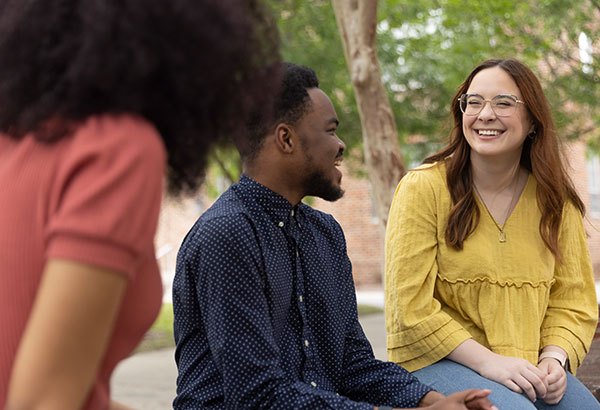Meet the Honors Faculty
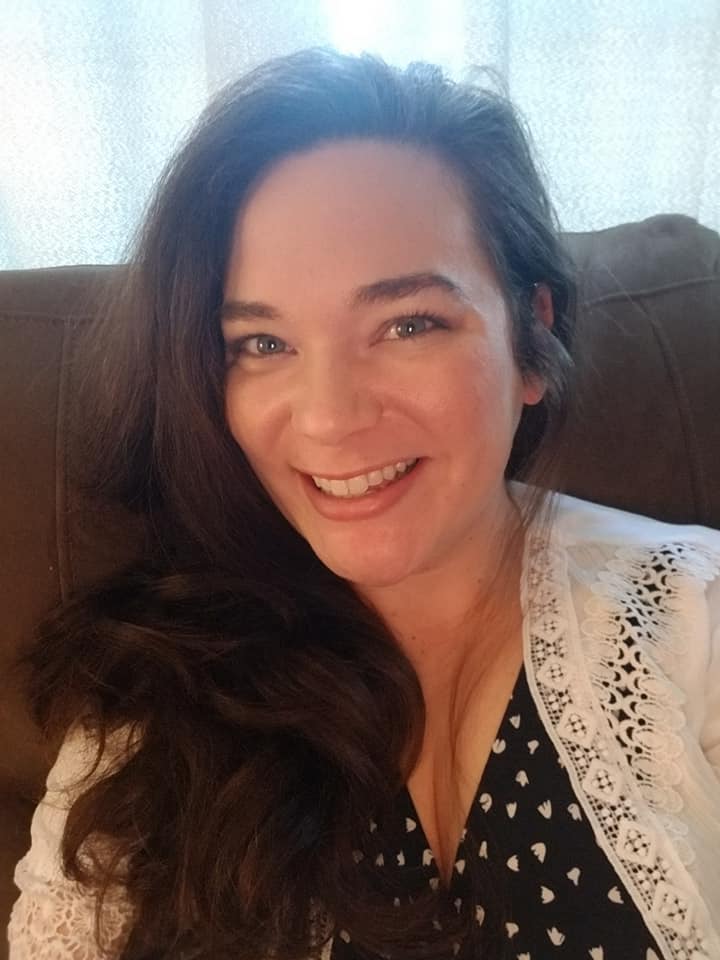 Fay Boudreaux, B.A., M.A.
Fay Boudreaux, B.A., M.A.
Instructor - Communication and Media Studies/Public Speaking
Growing up I wanted to be a magician and join the circus! My mother insisted that I grow up and attend law school so I could become an attorney, but I was determined to embrace magic and travel with a colorful, talented group of people to entertain the masses.
What I like most about Southeastern is that I am able to connect to students by name and get to know their personalities rather than be forced to approach my class in an impersonal way. There are so many alumni who teach or work at Southeastern, like myself, and for good reason. Attending school here was the highlight of my young adulthood, and no other higher education institution that I have attended or worked for has been able to match the same level of heart and personal connection that I felt here as a student and even now as an educator.
Research and Teaching Interests: My teaching interests mostly stem from the courses I teach now: public speaking and interpersonal communication. Communicating effectively is paramount in any major or career pursuit. Some college students experience debilitating public speaking apprehension, which results in them failing out of their public speaking courses, sometimes multiple times, or they avoid taking the class altogether, which prevents them from graduating. A colleague and I developed a course that specifically caters to the needs of these students. I am continuously adapting methods for teaching these "high-anxiety" public speaking students to best address their needs and assist them in getting through the course as painlessly as possible.
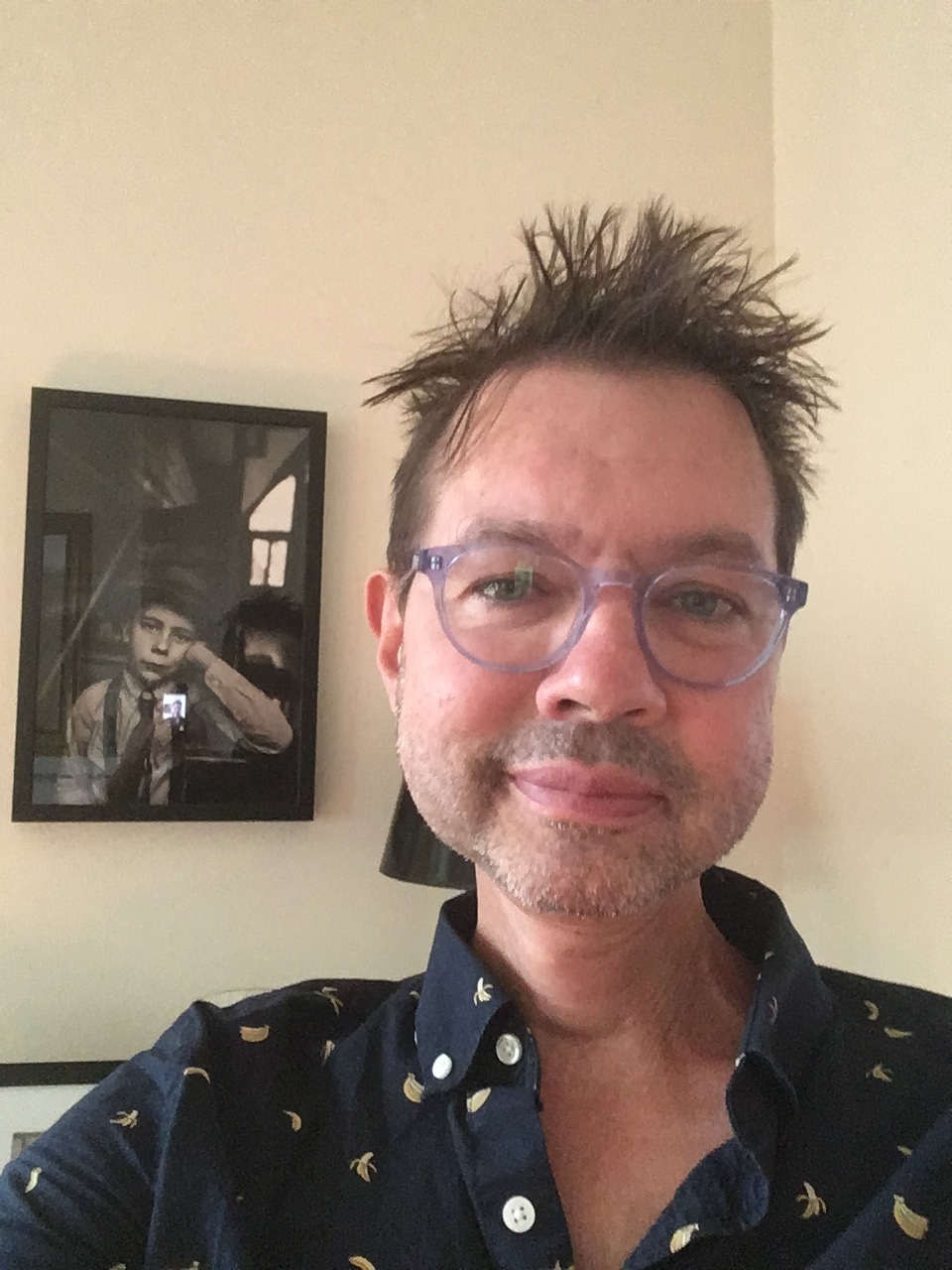 David Burley, B.A., M.A., Ph.D.
David Burley, B.A., M.A., Ph.D.
Associate Professor - Environmental Sociology, Urban Planning and Sociology, Food and Sustainability
My favorite thing about working with honors students is the combination of intelligence, passion and curiosity.
The most important thing I learned in school was, there is ALWAYS more to learn and that knowledge can help make the world better.
My pets are two mischievous but cute cats named Mookie and Sammy and a very regal 80lb German Shepard named Bernie (after Bernie Sanders) whom we found abandoned in our neighborhood in 2016. We like to say that Bernie is the best-behaved being in our household, even the humans!
Research and Teaching Interests: I have found that my greatest passion is to help students who are passionate about environmental sustainability to get into careers. Many students get inspired in my classes and say that they want to help solve our environmental problems, especially since those problems are related to so many other sociological issues like race, class, age, gender, sexuality, and how our institutions work, like government and the economy.
So, my research and teaching have always merged whether it was helping Reconnect, the student environmental organization, start the only student-run farmers market in Louisiana or my graduate class conducting research to help the Lafitte Greenway in New Orleans complete their extension along an old railroad line and secure funding for innovate public art installations. More recently, my interest has turned to travel study programs to Zion National Park in Utah and Yosemite National Park in California. Although the development of our public lands is fraught with the injustice of Native American displacement, the U.S. was the first country in the world to set aside and protect land for only its intrinsic value. The first time I hiked in Rocky Mountain National Park in Colorado (my first visit to a national park), my life changed. I was transformed. I wanted to share this experience with students.
In the short time I have been organizing these trips, I have relished watching students become awestruck by the beauty of these places while also learning the challenges of managing national parks. Our environmental problems can seem overwhelming but there are many who want to dedicate their lives to the rewarding work of helping to solve issues from environmental racism to working on economic and environmental policy that will give us all a more fair and prosperous world.
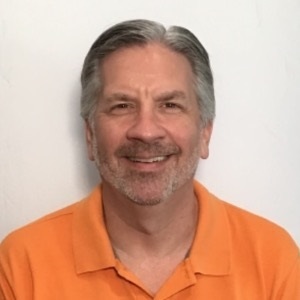 G. Alan Cannon, B.S., B.S., M.S., Ph.D., B.A., M.A.
G. Alan Cannon, B.S., B.S., M.S., Ph.D., B.A., M.A.
Professor - Mathematics
The best course I ever took was undergraduate abstract algebra. Although I enjoyed many undergraduate math courses, when I took abstract algebra in the fall of my senior year, I finally found the branch of mathematics that seemed very natural to me. It all made so much sense. I was so enthralled by the material that the fifty-minute class periods only seemed to last ten minutes since the time passed so quickly.
The professor who inspired me the most taught me that, "a theorem a day brings promotion and pay." In other words, if you work hard, you will reap the rewards.
My bucket list travel destination is to visit all fifty states (and some of the U.S. territories) and all seven continents. I am far behind on my travel to all states, but I have made headway on the continents. One future trip I will plan is to Hawaii, Asia, and Australia. Another will be to Antarctica via South America. That will be all seven continents since I have already visited Europe and Africa.
Research and Teaching Interests: My general research falls under the umbrella of abstract algebra. My particular focus is on nearrings. A natural example of a nearring is to consider functions from a set to itself under addition and function composition. My recent work has been to determine the centers of such nearrings, i.e., the set of functions in a nearring that commute with all other functions under composition.
Although I teach courses at all levels, I have a particular interest in teaching the beginning courses in the mathematics curriculum, e.g., Pre-Calculus, Calculus 1 & 2, and Discrete Mathematics (Introduction to Writing Proofs). I believe that I prepare students for the rigor of the upper-level courses.
 Samantha Cavell, B.Bus., M.A., Ph.D.
Samantha Cavell, B.Bus., M.A., Ph.D.
Assistant Professor - Military History, Western Civ History
The most important thing I learned in school was to "make use of scraps of time." Even if I only have five minutes, I'll try to do something productive.
My pets are 3 dogs: Lucy, Rose, and Archie and 2 geese: Oscar and Zelda
Research and Teaching Interests: The golden age of the British Royal Navy, during the French Revolutionary and Napoleonic Wars. When it comes to teaching, my specialty is military history from the eighteenth to the twentieth centuries. I think it's good to know more about that universal aspect of our behavior - then maybe we'll be less inclined to go to war. Maybe, one day, we'll learn from our mistakes.
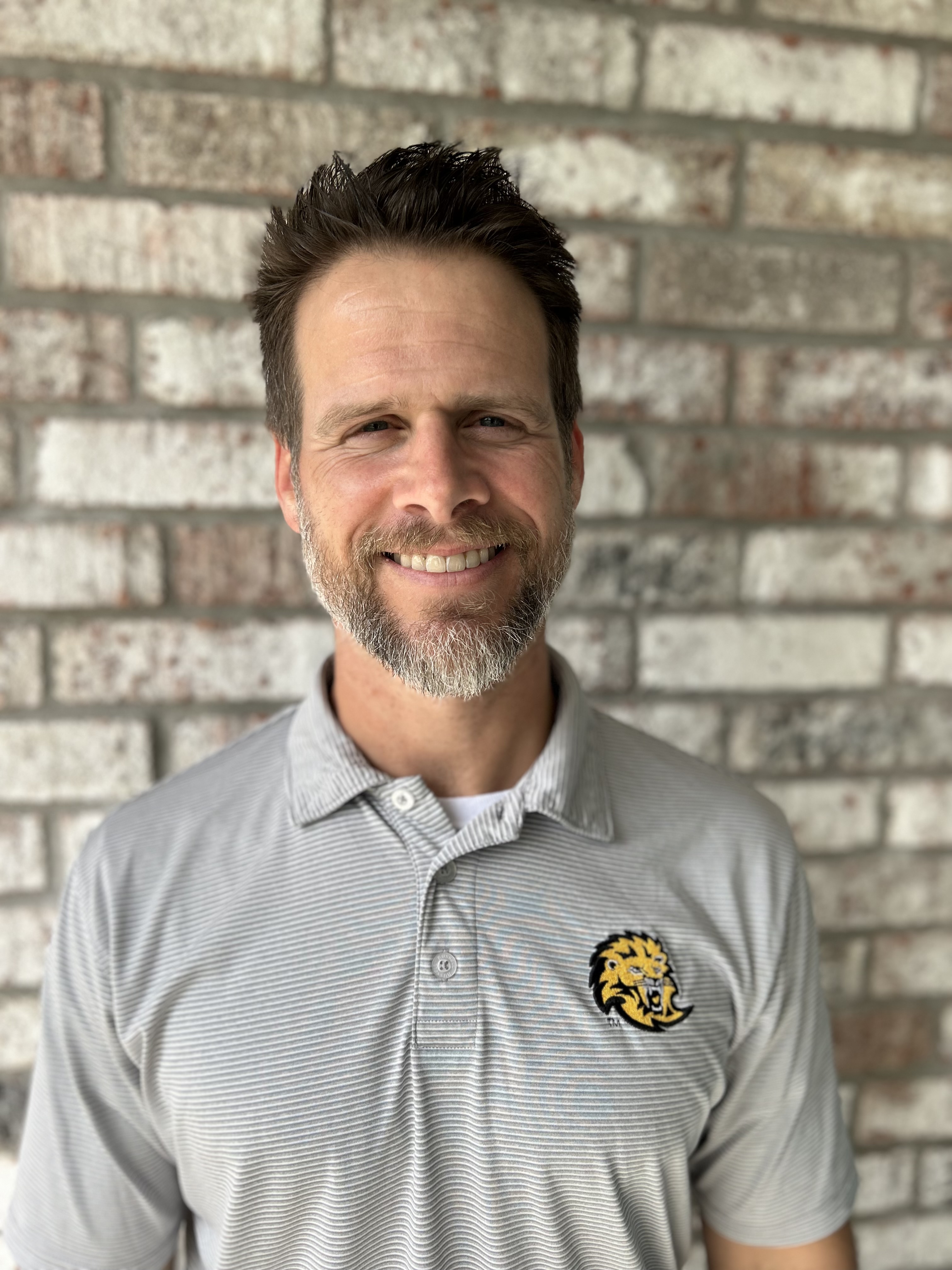 Mark Dries, B.A., M.A., Ph.D.
Mark Dries, B.A., M.A., Ph.D.
Assistant Professor of History
I was a Peace Corps volunteer in Bolivia for a few years during which I kept bees.
In the summers, I lead astudy abroad program to Cusco, Peru.
Research and Teaching Interets: My work is informed by scholarship in Ethnohistory, Urban history, and Native American Studies. My research focuses on early Spanish colonialism in the Andean region of South America, specifically exploring on Indigenous adaptation and resistance to forced labor in the mercury mines of Huancavelica, Peru. As the only source of the mercury required to efficiently refine silver, Huancavelica became a central focus of the economy of the colonial Andes, an area that relied heavily on silver mining to prosper. The Huancavelica mines also became notorious for the thousands of Indigenous Andeans forced into labor in a toxic environment. My work explores the ways local populations of Andeans shaped and challenged this exploitative system to shield themselves and their communities from its most damaging effects.
My teaching interests extend from Latin America outward and from the 16th century to the present. I enjoy teaching US History surveys, as well upper division courses on Latin America, Mexico, and the Caribbean.
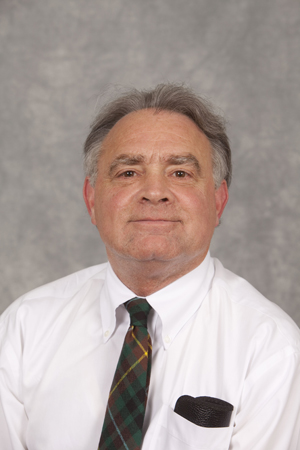 George Gibson, B.A., Ph.D.
George Gibson, B.A., Ph.D.
Instructor - English
I have taught Honors English for several years. I emphasize the Western Canonical Tradition in the coursework and assignments as I strongly believe this core literature translates and transmits its inherent value across many disciplines. Latin America outward and from the 16th century to the present. I enjoy teaching US History surveys, as well upper division courses on Latin America, Mexico, and the Caribbean.
Research and Teaching Interests: British and Irish Modernism - especially James Joyce
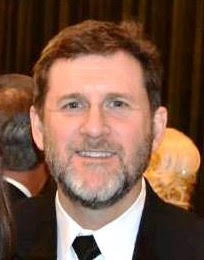 Edward Hebert, B.S., M.S., Ph.D.
Edward Hebert, B.S., M.S., Ph.D.
Professor - Kinesiology
Every day I try to think, exercise, and express love for my family.
I'm from Milton, LA (a small town near Lafayette), and the best part of my hometown is the sense of pride and community.
Research and Teaching Interests: Motor Learning, an area of Kinesiology focusing on the process of skill acquisition, and how teachers/coaches/trainers/therapists can enhance learning in students/athletes/clients. A collaborator by nature, my research interests cross health and kinesiology disciplinary boundaries, and most of my projects involve other faculty and students.
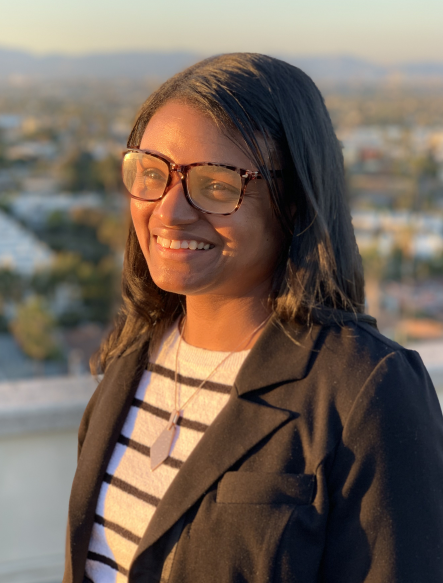 Elizabeth R. Hornsby, B.A., M.A., Ph.D.
Elizabeth R. Hornsby, B.A., M.A., Ph.D.
Assistant Professor - Communication and Media Studies
The most interesting thing in my office is the artwork painted by my sister.
The professor that inspired me the most taught me that my voice matters because someone needs to hear it, my words are important because someone needs to read them, and I belong in every space I find myself in.
Research and Teaching Interests: My academic interests lie at the intersection of communication studies, media, technology, and culture. As a critical scholar, I am invested — personally and professionally — in building robust diverse digital communities that activate civic engagement and enhance critical thinking. My pedagogy and andragogy are based in ecologies of function: I see my place as an educator as someone who builds classroom content that clearly lays out the goals and roadmaps to achieve them so that the students can visualize their way to success.
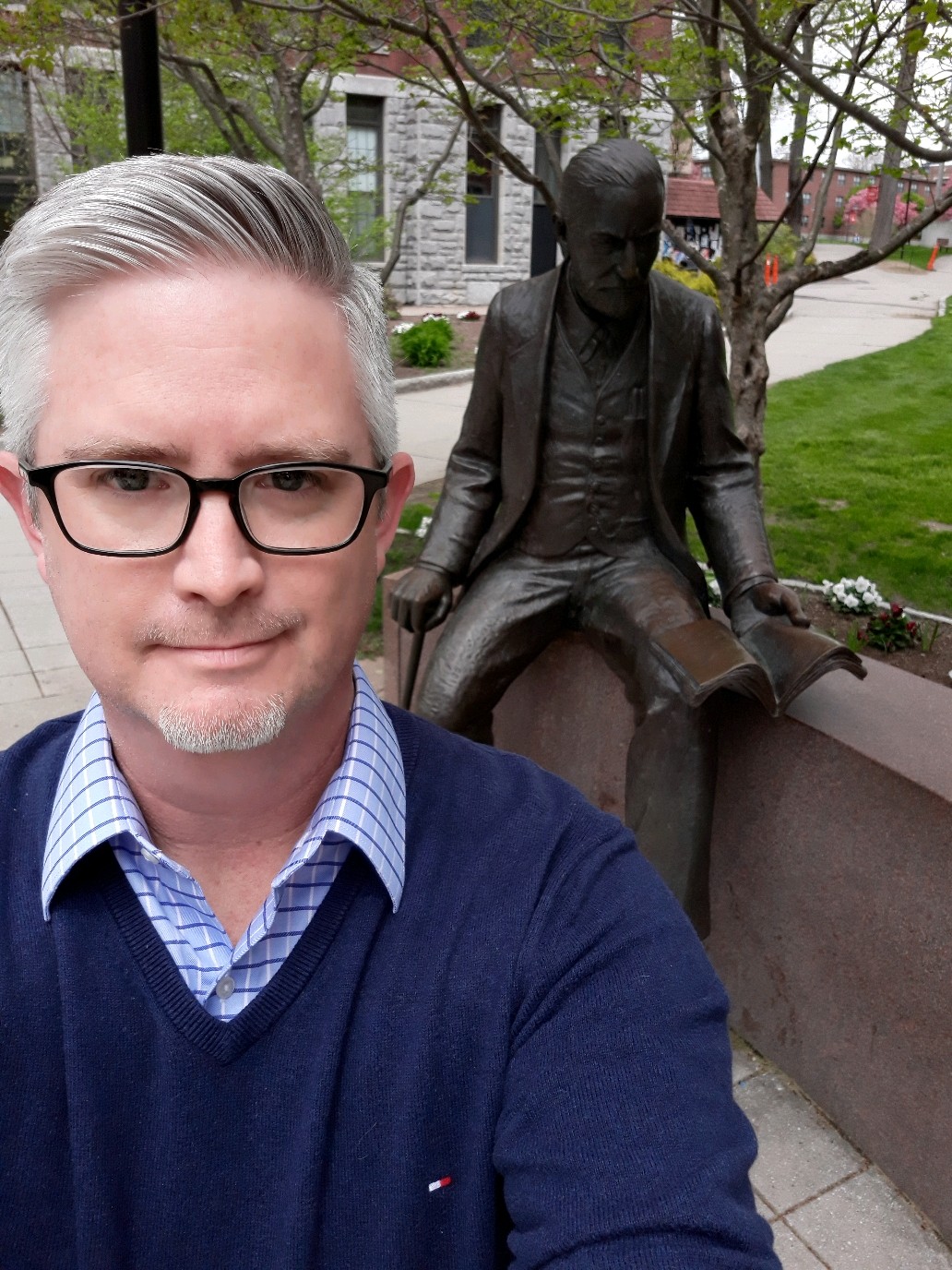 Jason Landrum, B.A., M.A., Ph.D.
Jason Landrum, B.A., M.A., Ph.D.
Professor - Film, Literature, and Critical Theory
The best course I ever took was a seminar on punk rock and philosophy. It taught about how art is constructed and how fans come together to share their love of a specific art form.
The professor who inspired me the most was a philosophy professor named John McDermott, who taught me that life's highs and lows often happen simultaneously, which at that point in my life had never occurred to me. A day rarely goes by that I don't think about what he said.
Research and Teaching Interests: American film history, Hollywood genres, and psychoanalytic film theory. My research focuses on psychoanalytic theory and American cinema--with an emphasis on concepts like desire, the gaze, and enjoyment--and I am especially interested in the work of Todd McGowan and Slavoj Zizek.
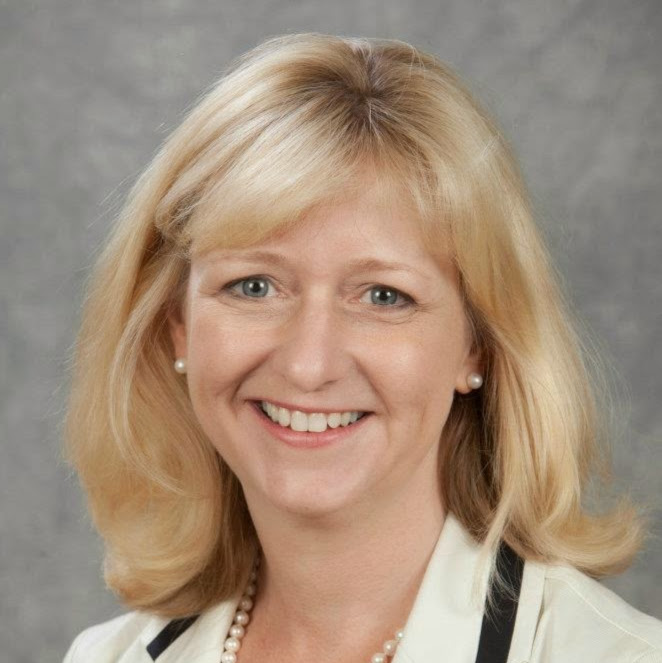 Lisa Moody, B.A., M.A., Ph.D.
Lisa Moody, B.A., M.A., Ph.D.
Instructor - Freshman English, Writing, and American Literature
My favorite thing about working with honor students is they are enthusiastic and always interesting.
My pets are pugs, Leonard and Fannie Mae
Research and Teaching Interests: American and British Literature and religious culture related to literature. In recent years, I have presented various papers on detective fiction, social media, and the Woman's Suffrage movement, particularly in Louisiana.
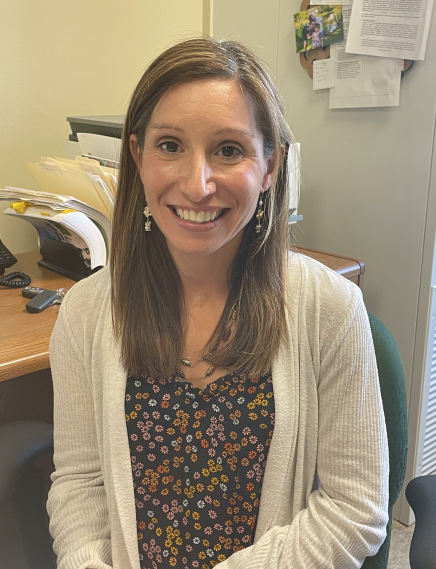 Christina Parker, B.S., M.A.
Christina Parker, B.S., M.A.
Instructor - Psychology
My favorite thing about working with honor students is they challenge me to up my game. Teaching honors courses encourages me to seek new research on the topics we discuss in class. As a class, we are able to apply the knowledge we are learning and discuss how changes in society, technology, etc. influence the field of psychology.
My bucket list travel destination is Italy. My husband and I plan to eat our way through the country while also taking in the beautiful landscape. Once Covid restrictions lessen and international travel becomes a little easier, we plan to book a trip!
Research and Teaching Interests: A couple of my favorite courses to teach are research design and analysis and honors introductory psychology II. I also have the privilege of being the undergraduate coordinator for the psychology department. This gives me the opportunity to attend recruiting events telling potential Lions about the great psychology program we have and all Southeastern has to offer.
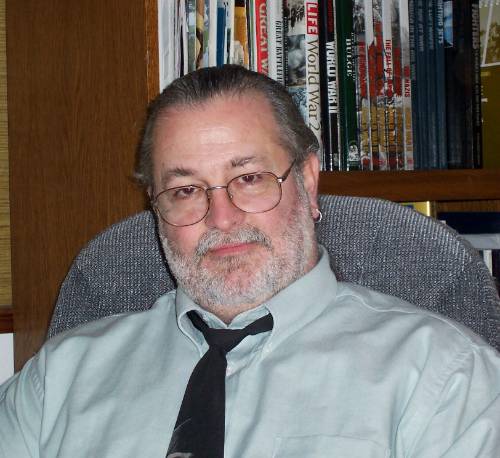 Craig Saucier, B.A., M.A., Ph.D.
Craig Saucier, B.A., M.A., Ph.D.
Assistant Professor - History
The best part of teaching is the Honors History course I have taught at Southeastern since the Fall semester of 1998. In over twenty years, with very few exceptions, my most memorable and most fulfilling moments as an educator and mentor have taken place in an Honors classroom. My best, most creative, and most committed students have been consistently those in Honors.
Research and Teaching Interests: Modern British/European History
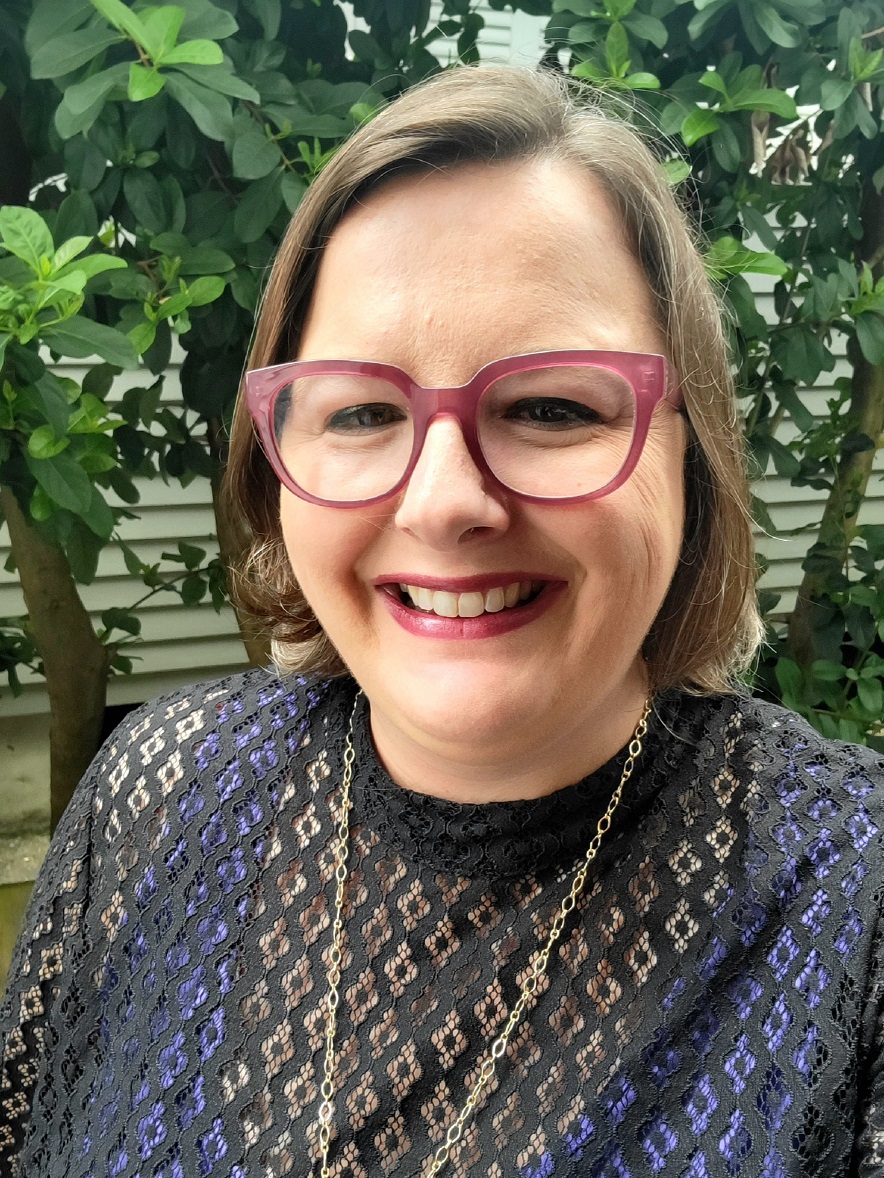 Sarah Sohr-Preston, B.A., M.S., Ph.D.
Sarah Sohr-Preston, B.A., M.S., Ph.D.
Associate Professor - Psychology, Lifespan Human Development and Research Methods
Growing up, I wanted to be many things, like a scientist, journalist, author, actor, and high school teacher. I began college planning to become a K-12 teacher but became obsessed with psychology after listening to my roommate study for an intro psychology exam. I switched my major before having taken my first psychology class and ended up teaching college psychology instead of high school social studies, but not too far off from that earlier goal. I also did indeed become a scientist. I may not be a journalist, but I still submit articles for publication. I am a type of author, and teaching often feels a lot like a stage performance, so I kind of became an actor too.
The most important thing I learned in school was that tests ARE NOT the sole purpose of the coursework. We need to give them to get some sort of indication of a student's learning, but some of the best moments that could be retained for use in later life involve those discussions not corresponding to a specific test question or assignment.
I'm from New Orleans (and still live there, even though I have to drive a lot) and the best part of my hometown is the diversity --- in people, traditions, accents, food, festivals, and art.
The most interesting object in my office is actually a collection of objects. I have a respectably sized stash of comic book and sci-fi character memorabilia.
Research and Teaching Interests: I have often struggled to keep myself focused on any one area of psychology because
I find so much of it to be fascinating and in need of further understanding. My teaching
revolves around two general areas, lifespan developmental psychology and research
methods. I aim to teach students about the many changes and transitions humans encounter
as they age and how scientists are able to apply the scientific method to better understand
development.
In my research, I focus on both adult and child development, including the transition
to parenthood (encompassing family building topics of trying to conceive, infertility,
miscarriage, adoption and pregnancy). In infants and children, I have studied language
development, temperament, and types of play. In adults, I have studied social and
educational psychology topics such as knowledge gains in college students, gender
bias, academic entitlement, and attitudes toward parents and parenting. I have additionally
ventured into communication and health psychology topics such as online communication
about family building, experiences of pregnant college students, and weight stigma
during pregnancy.
My research interests have sometimes expanded based on my supervision of theses, both
graduate student theses and undergraduate theses completed to fulfill honors degree
requirements. I have supervised student research projects on college student identity
development, challenges faced by parents of children with autism, gender bias in custody
decisions, personality characteristics linked to social media usage, reasons for selecting
avatars in online gaming, and stigma related to both social anxiety and substance
use.
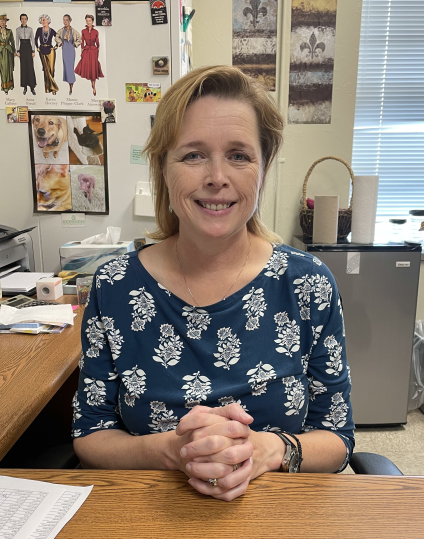 Paula Varnado-Sullivan, B.S., M.A., Ph.D.
Paula Varnado-Sullivan, B.S., M.A., Ph.D.
Professor - Psychology, Eating Disorders and Stigma of Psychological Disorders
Growing up, I wanted to be an actress.
One thing you'll always find in my refrigerator is something with caffeine. Lots and lots of caffeine.
Research and Teaching Interests: Psychology, the understanding of human emotion, thoughts and behavior. My research focus has primarily been on eating disorders, body image, and obesity. My training specialized in research with these issues and treating persons with those issues, as well as depression and anxiety disorders. More recently, my research has shifted to examining the stigma of psychopathology.
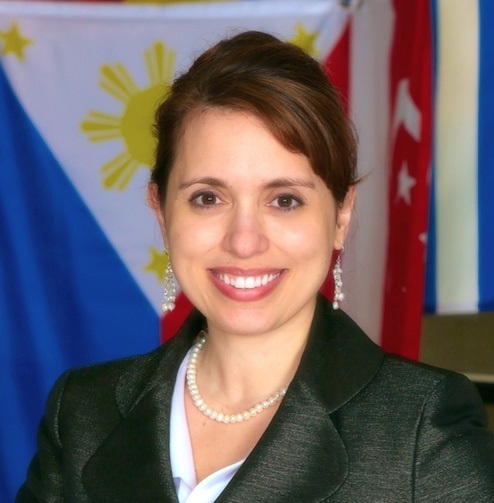 Cherissa Legendre Vitter, B.M.E., M.M., Ed.D
Cherissa Legendre Vitter, B.M.E., M.M., Ed.D
Assistant Professor - International Baccalaureate Education/Teacher Evaluation System
Every day I try to exercise.
My favorite thing about working with honors students is supporting reflective scholarship, which enables pre-service teachers to become reflective practitioners.
The most important thing I learned in school was to be early is to be on time; to be on time is to be late.
Research and Teaching Interests: Dr. Vitter is responsible for teaching courses leading to the IB Educator Certificate
in Teaching and Learning. She created the 12 online courses that comprise the International
Baccalaureate Educator Certificate, which includes an international internship. She
teaches students around the world using experiential online techniques and differentiated
instruction. Cherissa is a Clinical Coach for US PREP and consults nationally with
universities providing guidance in teacher preparation and evaluation development.
Dr. Vitter was awarded the Edward Schlieder Endowed Professor in Education
to explore to what extent evaluation systems affect teachers in advanced academic
settings. Advanced academics are described as classes/programs serving students ages
3-19 through Gifted/Talented, International Baccalaureate, Advanced Placement, and
A-level. Over the past 2 years, Dr. Vitter has closely worked with various regional
associations to interview advanced academic teachers and has presented the findings
at 3 national presentations. She will present the most updated findings in July at
the IB Global Conference in California.
 Chad Winters, B.A., M.F.A.
Chad Winters, B.A., M.F.A.
Instructor - Theatre
I am committed to continuing to develop and nurture our students with opportunities that are both academic and extracurricular. Each year I work with Honor students to create H Options in THEA 131 and THEA 234 classes. This allows the students to elevate their experience in my classes. When possible I strive to have Honor students work on our theatre productions each year. I teach HONRS 191 each year and this allows the students to be introduced to different arts and most importantly it allows the students to develop their creativity which will help them succeed in higher education.
Research and Teaching Interests: Development of new works, directing stage and film, acting, method acting, and musical theatre.
 Dr. Andre Honoree, B.A., M.B.A., Ph.D.
Dr. Andre Honoree, B.A., M.B.A., Ph.D.
Professor-Management
My favorite thing about working with honors students is to see the excitement and earnest quest of knowledge beyond that of just getting a good grade in a course. While grades are important to honors students, it's my experience that they sincerely wish to know more, dig deeper, and have more of the "why" and back story behind concepts explained to them or to research on their own. Business honors students are generally very practical people as well, so when they can connect how a theory forms the basis of actual workplace behavior or how a management concept improves business decision making; then I see that their academic and professional curiosities are both satiated by knowing they can use this information in their future careers. Having honors students reinvigorates me as both a lecturer and researcher, as they often ask questions that motivate me to learn and research more to satisfy their inquisitive minds.
The most important thing I learned in school was that your education is never done. College is not the end of your education but merely the start to intrigue you to seek and learn more. While at some points your "formal" in-class education ceases, students should realize that the people who are most successful in whatever careers they pursue, embrace life-long learning as both interesting and required. Being that we are in the information age, to be most successful in ones future line of work will require one to continually monitor the external environment, learn best practices from competitors, and to stay well read on articles related to your profession and industry. With that mind, it is hoped that students select majors and careers in which they are sincerely interested in constantly learning and seeking new information to improve themselves and their performance.
The most interesting object in my office is my collection of various soccer-related art and memorabilia. Since I was in Germany with my family in 1974 to celebrate when the host nation won the World Cup, I have been a fan of the "beautiful game." I have had the good fortune to see in person German soccer legend Franz Beckenbauer's (Der Kaiser) last match, to be in Germany to watch with family and friends the World Cups in 1982 and 1990 (when Germany won it again!), attend matches in Dallas for the World Cup in 1994 and travel to France for the Coupe de Monde in 1998 to watch the opening day parades and watch matches with thousands of fellow fans in the fan zones.
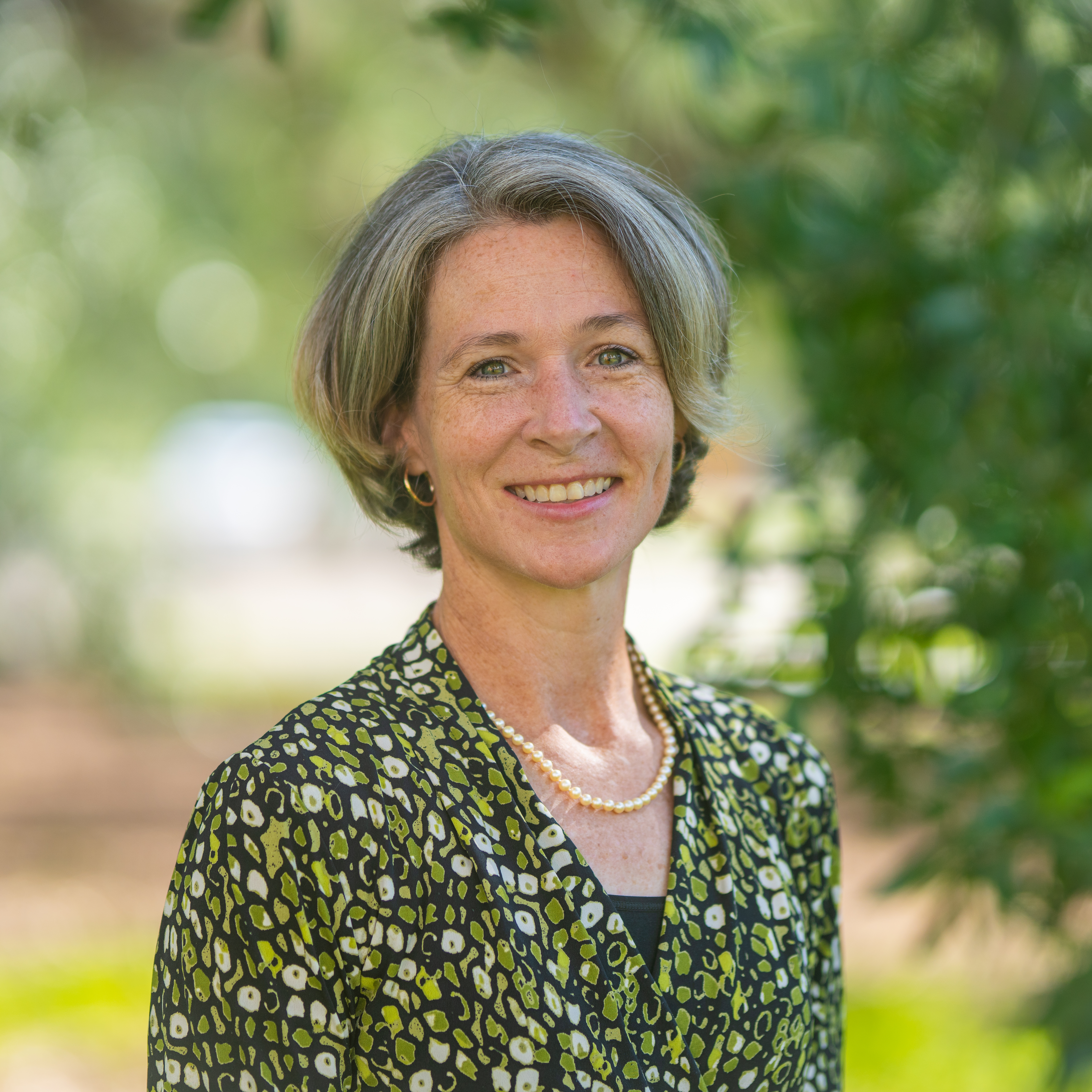 Dr. Amber Narro, B.A., M.A., Ph.D
Dr. Amber Narro, B.A., M.A., Ph.D
Professor-Multimedia Communication
Every day I try to show gratitude. I developed this habit in 2020. It seemed like everything I heard was bad news. It's amazing what life can give you when you develop a thankful mindset.
The professor who inspired me the most taught me that you have to make your own way and figure things out. Sometimes, learning is not about asking questions-it's about putting things together to find the answers. I'm a journalist, and that makes me naturally inquisitive. I find a lot of pleasure in figuring things out on my own.
Research and Teaching Interests: My favorite courses to teach are those that include multimedia communication and journalism. I also enjoy teaching ethics courses and challenging students to figure out what they would do if they landed in someone else's shoes. My research certainly revolves around communication technology. My doctoral dissertation examined how state legislators utilize technology to communicate with constituents, and I am currently working to understand how employers view workers who earned online degrees. I am a professor who enjoys watching students learn by "doing". My exams include components of class projects, and I look for students to find innovative solutions to issues. Even with all the resources available to quickly find the answers, critical thinking is still important. I feel those of us who have a love for learning know that we are happiest when we've figured it out rather than when someone else gives us all the answers.


